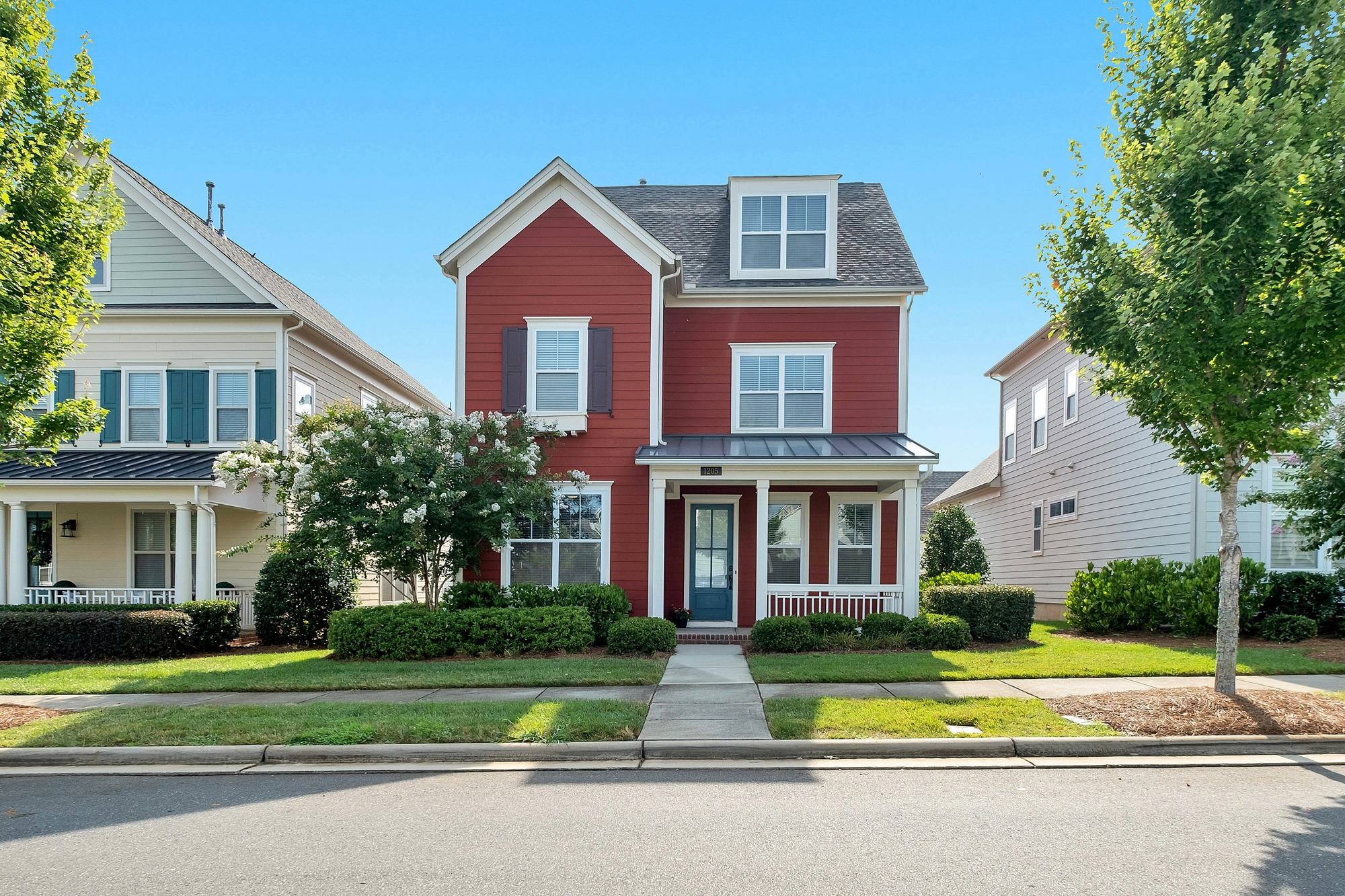
The housing market has become a nightmare. Prices have skyrocketed. Rent is swallowing paychecks. Homeownership feels less like an achievable milestone and more like a pipe dream, especially for Millennials and Gen Z. Naturally, people are looking for someone to blame. And more often than not, that blame is aimed squarely at the Baby Boomer generation.
The argument? Boomers bought houses when they were cheap, benefited from decades of property appreciation, and are now hoarding homes, driving up prices, and voting against policies that would make housing more accessible.
But is that the whole story? Or is it just the latest example of generational finger-pointing in a system that’s failed everyone, just unequally? We’re breaking down what’s actually fueling the crisis, and whether older generations really deserve the heat they’re getting.
The Case Against Boomers
It’s easy to look at the numbers and feel a surge of resentment. Many Boomers bought homes in the ’70s and ’80s when the median home price was a fraction of what it is today. Incomes weren’t necessarily higher, but homes were more affordable relative to wages. That’s no longer the case.
Today, the cost of a home in many cities is completely disconnected from what the average person earns. Young buyers are told to “just save more,” as if avocado toast is what’s keeping them out of the market, not stagnant wages and housing shortages.
Many Boomers also benefit from policies that protect their financial positions, like low property taxes, favorable mortgage rates locked in decades ago, and resistance to zoning reforms that would allow for more housing. It’s not hard to see why younger generations feel shut out, especially when older voters often oppose new developments that could ease the pressure.
What Boomers Inherited And What They Didn’t
Still, it’s worth taking a step back. Boomers didn’t create every facet of the crisis. They inherited a post-war economy that made homeownership possible for millions of white, middle-class families, but that same system also excluded others, particularly communities of color. Redlining, restrictive covenants, and discriminatory lending practices laid the foundation for inequality long before Boomers ever entered the market.
In other words, many Boomers benefited from a system that was already tilted in their favor. They didn’t build the system, but they certainly reaped the rewards. And for a lot of them, those rewards were simply a product of timing, not malicious intent.
On the flip side, not all Boomers are sitting on paid-off homes and vacation properties. Many are struggling with debt, downsizing out of necessity, or renting in retirement because they were priced out of the market, too. The generational blame game only tells part of the story.

The Real Villain: Policy
If there’s one constant across decades of housing problems, it’s policy failure. Local governments have restricted housing development through zoning laws that limit density. Wealthier neighborhoods often block affordable housing proposals to “preserve character.” NIMBYism (Not In My Backyard) is rampant, and older homeowners do tend to be its loudest proponents.
But the issue isn’t generational. It’s structural. The lack of housing supply, especially affordable units, is a policy choice. Rent control debates, tax incentives for developers, slow permit processes, and political opposition all play a part. Yes, Boomers vote in high numbers and often support candidates who oppose housing reform. But pinning it all on them ignores how complex and entrenched the crisis really is.
There are also broader economic forces at play—global investors buying up properties, tech booms inflating local markets, and wages that haven’t kept pace with the cost of living. That’s not something one generation can fix or break on its own.
Intergenerational Frustration Is Valid But Misplaced
It’s okay to feel frustrated. To feel like your parents or their peers had it easier. Because in many ways, they did. But frustration should be directed at the systems and structures that made that ease possible for some, and out of reach for others.
What we need isn’t more blame. It’s more solidarity. More awareness of how policies have failed multiple generations in different ways. More willingness to challenge the status quo, even when it benefits you. And yes, more Boomers are advocating for changes that make life better for their children and grandchildren, even if it means building more duplexes in their quiet cul-de-sacs.
So…Are They to Blame?
Partially. Some Boomers absolutely helped create or maintain the conditions that led to today’s crisis. Others are just as stuck in this mess as everyone else. Generational blame makes for easy headlines, but it rarely leads to real solutions.
The housing crisis isn’t about Boomers vs. Millennials. It’s about affordability, equity, and access. And until we shift the conversation from blame to change, the crisis is going to keep getting worse for everyone.
Do you think older generations have a responsibility to fix the housing mess they benefited from? Or is the blame game missing the point?
Read More:
Is it cheaper to renovate or buy a new house?
Boomers Have Better Money Habits Than Most-What They Can Teach You
Riley is an Arizona native with over nine years of writing experience. From personal finance to travel to digital marketing to pop culture, she’s written about everything under the sun. When she’s not writing, she’s spending her time outside, reading, or cuddling with her two corgis.
